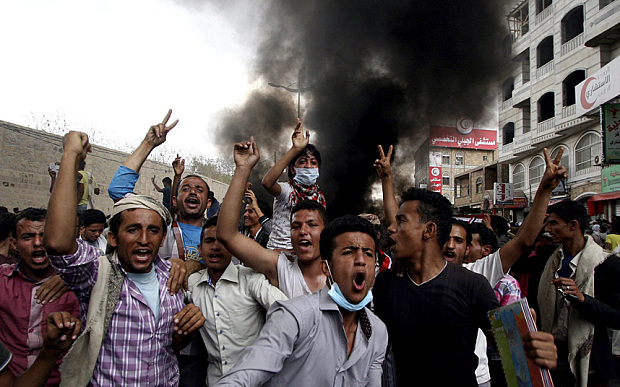Pakistan’s beliefs in the value of seeking strategic depth in Afghanistan were influenced by two factors. The support it received from the U.S. in waging an armed response against the Soviet occupation triggered the belief. The success of that endeavour with no apparent costs to itself, gave Islamabad the illusion of being able to play a major role in the geo-politics of Central Asia. This more than anything else led to the belief that Afghanistan provided the strategic leverage Pakistan had long been seeking. The energy-rich Muslim states of Central Asia beckoned both Pakistan and the energy-seeking multi-nationals. Iran’s standing up to western pressures was proving an obstacle to long-term plans for energy extraction from the region. Afghanistan offered both shorter energy routing and political control through Pakistan.
V. R. Raghavan (The Hindu, 2001)
Pakistan’s intelligence agency, the ISI, “wants a reliable proxy that has territorial control of the P2K area,” Mr. Dressler adds. This desire is the result of Pakistan’s historic conflict with India. “If India comes across the border, Pakistan can fall back into Afghanistan and drive them out. It’s about strategic depth vis-Ã -vis India. As long as that continues to be a driving concern, Pakistan’s support for the Haqqani network will continue.”
The Christian Science Monitor (via Small Wars Journal)
A highly plausible future scenario indeed (regarding the second quoted item). In the event that the Indians decide on a massive ground invasion into Pakistan and march sturdily through the landscape of jihadi-networks and scattering Pakistani troops – with nary a nuke in sight and the US sitting idly by – it sounds like a winner of a strategy. The supply lines to the Indians will, of course, be Bollywood unicorns pooping ammunition and some sort of MREs.
On the other hand, serious people seem to take Pakistani strategic depth worries seriously. The Indians are forever being told that they must take Pakistani fears of regional encroachment into account so that the United States (ISAF) may have a negotiated settlement in Afghanistan that is stable. Although….
My basic point, lost in the midst of all of those excerpts, is that despite having “full” strategic depth in Afghanistan during the time period of the Kargil War, a conflict occurred between the two.
– from a comment I made in this thread at Small Wars Journal (regarding the theory that strategic depth in Afghanistan may prevent conflict between India and Pakistan).
I think a strategy that brings about the very thing you claim to be worried about (the Indians in Afghanistan with ISAF supporting a reasonably India-friendly government) seems like a loser to me. Want to see the math?
1. Pakistan supports the Taliban in Afghanistan for purposes of “strategic depth.”
2. The Taliban invites in Al Q.
3. 9-11 happens and Americans and others are murdered.
4. Americans invade Afghanistan.
5. India follows with the rest of the development crowd….
See? A loser of a strategy in terms of the vaunted s.d.
What say you ChicagoBoyz commenters? Have I got it totally wrong? Am I a total paranoid? A partial paranoid? Leave a comment below if you must….
PS: I always enjoy reading Max Boot at Contentions but, er….?
The United States can influence the choice only at the margins, but we must do what we can to signal to the army leadership that we will stand behind them if they decide to do more to take on the radicals. In this connection, it is highly useful that President Obama has agreed to NATO’s timeline not to transition security responsibility in Afghanistan until 2014. That should put to rest some immediate concerns about America’s fickleness as an ally and reassure the Pakistani army that we will stand with the forces of moderation in Pakistan should they do more to battle the growing religious extremism that threatens the very survival of the state.
Respectfully, the Army is not a force of moderation. They are following a long-cherished regional strategic plan that has nothing to do with our alleged “fickleness.” Given China’s monetary support of the regime, I wager the Pakistani Army/ISI will continue to think they can play various networks to their advantage. 2014 or no. Sorry to be so cynical. I hope I am wrong.
